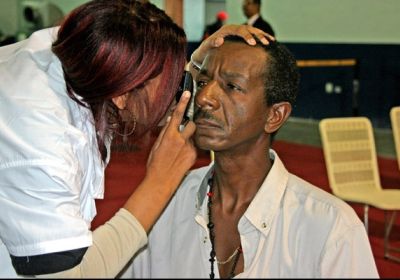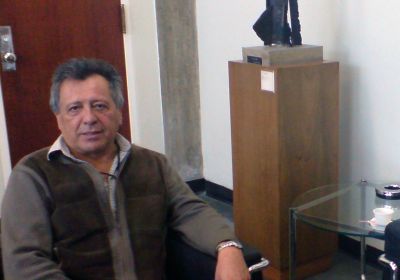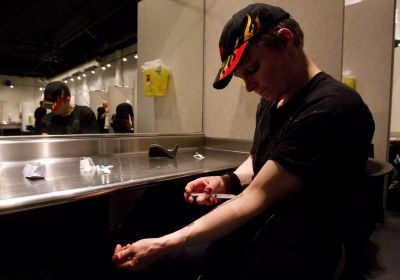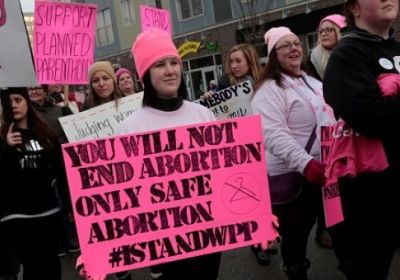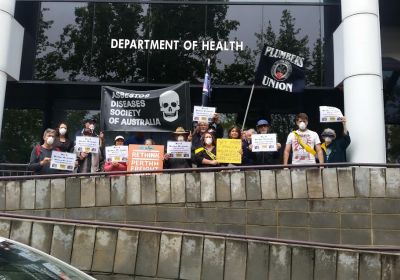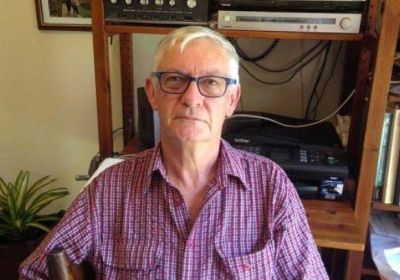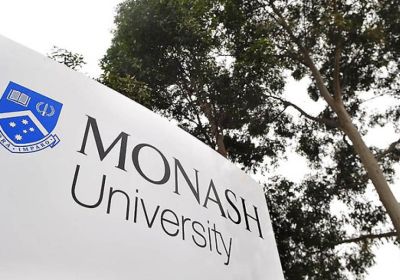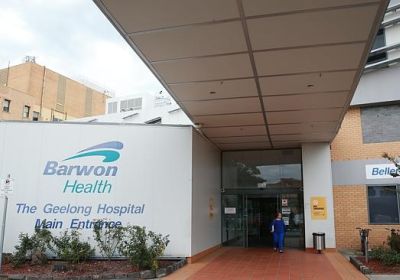-
-
-
-
-
-
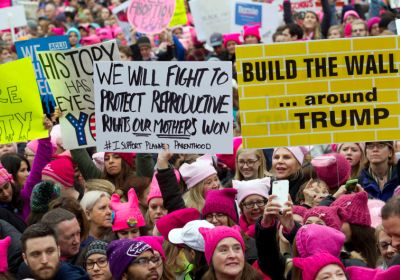
The Women’s March Guiding Vision and Definition of Principles was released by the organisers of the Women’s March on Washington, which drew 500,000 people onto the streets.
-
-
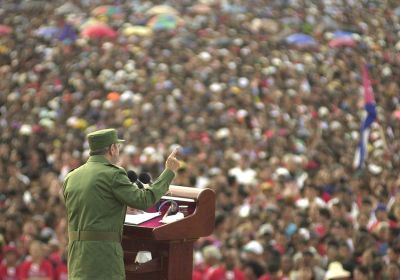
Fidel Castro, former president and leader of the Cuban revolution, died on November 25 at age 90.
-
-
-
-
Healthcare
Healthcare
